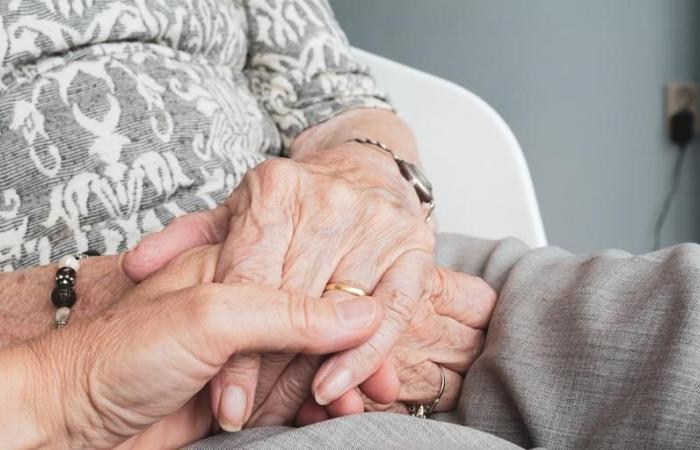Justice has proved A woman who denounced her grandmother to leave a home of his property that he occupied in precarious, as collected by a Supreme Court judgment to an advanced appeal by ‘Infobae’ and consulted by ABC.
As the text collects, the granddaughter, Blanca, filed a lawsuit against her grandmother Florence to urge the action of a precarious eviction in November 2022. The plaintiff wanted her grandmother to leave the house that, he considers, she occupied, she occupied without any title and without paying any type of consideration.
The first instance dismisses the demand, the Provincial Court gives the reason to the owner
In this first instance judgment, the claim was dismissed. However, it was appealed by the granddaughter and in this case the Provincial Court of Madrid did consider that Blanca’s arguments to evict her grandmother were valid.
The audience estimated in 2024 that Florencia ran the house as precarious and condemned her to leave her to leave it available to the plaintiff “under the warning of launch if it does not effect it voluntarily.”
The case finally reached the Supreme Court, which issued a judgment in March 2025 in the form of a appeal. The High Court includes as a history that the grandmother lived in the house for an agreement with her daughter, mother of the plaintiff and already deceased. After the death of the woman was her daughter Blanca, granddaughter of Florence, who inherited the property. Florence lived in this home for 17 years “Without paying any amount, limiting itself to taking charge of water and gas expenses”maintaining this situation once the house passed to Blanca.
The payment of 250 euros, the key in the case
As stated, at a given time, for the increase in its expenses, Blanca speaks with its uncles to assume a part of the expenses derived from the house, in addition to the supplies that Florence already paid, so that it could continue to live there. The agreed amount was 250 euros. The first sentence estimates that with this agreement it goes from a precarious lease (the one in which the tenant of the house does not have a contract legally linked to the owner and this can recover the property at any time) to become a formal lease in exchange for a low consideration due to family circumstances.
On the contrary, the second instance considers that The occupation remains in precarious because “the payment of an income or the constitution of a lease was never considered or agreed and considers the payment of those 250 euros as “an economic aid.” “The plaintiff and her uncles spoke at all times about the payment of expenses, they were these older or minors,” he says.
In this sense, this second sentence that gives the granddaughter reason also establishes that the agreement between the grandmother and the previous owner already deceased in no case proves that the woman could occupy the house forever as well as that the accredited will of the parties was never the constitution of a lease.
The Supreme Judgment dismisses the appeal
In the appeal, Florence’s lawyers argued that the consideration was received since 2020: «said price Not only was it not previously agreed with the previous owner of the house but also clearly exceeds the amount of housing expensesand therefore, it is an economic benefit that the owner perceives ».
But the high court considers this argument invalid since it consciences that the defense of Florence It is based “on different and contradictory facts” And he considers that the amount that was paid was an aid and not a rent or there was an agreement on the duration, as estimated by the Provincial Court. In addition, he considers that the owner’s grandmother’s defense intends to build an “alternative story about facts that have already been valued and discarded”. That is why unleashing the appeal has dismissed and the woman will have to leave the house.
Report an error






